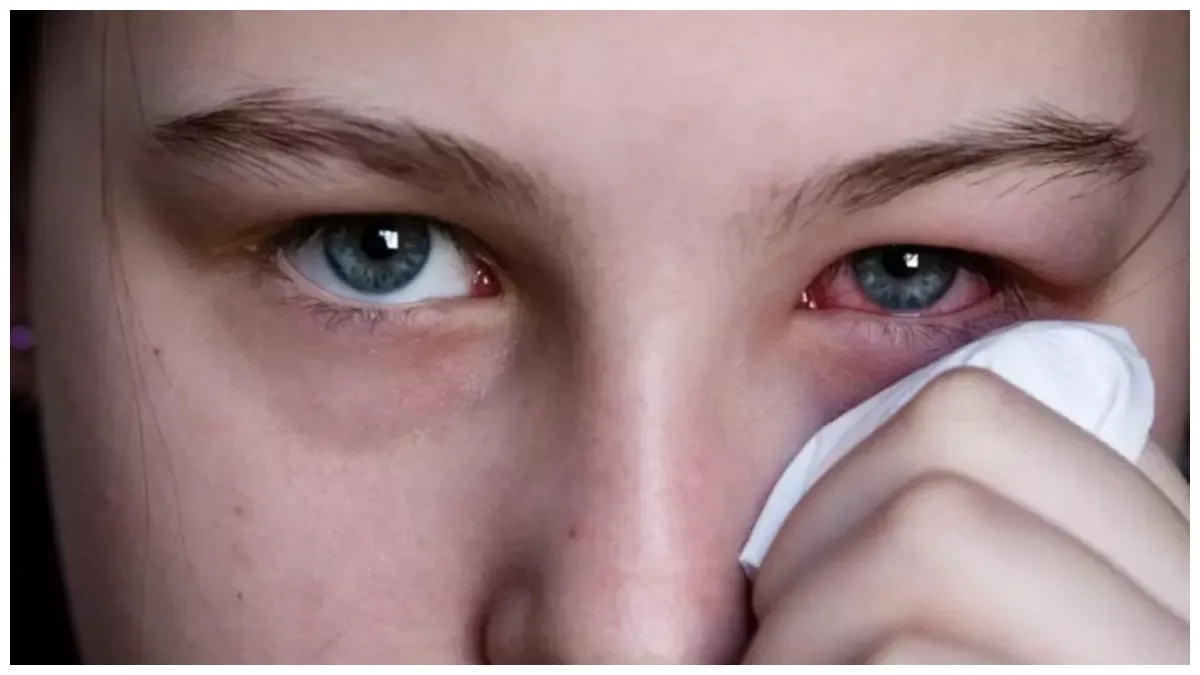
7 Tips to Take Precaution If you get EYE FLU
if you suspect you have eye flu (conjunctivitis), which is an inflammation of the conjunctiva, the clear tissue covering the white part of the eye and the inner surface of the eyelids. If you believe you have eye flu, it’s important to consult a healthcare professional for proper diagnosis and treatment. Here are some precautions you might consider:
- Isolate Yourself: If you suspect you have eye flu, avoid close contact with others to prevent spreading the infection. This is especially important if the infection is caused by a virus, as viruses can easily spread through direct contact or airborne particles.
- Practice Good Hygiene: Wash your hands frequently with soap and water. Avoid touching your eyes with your hands, as this can transfer the infection from your eyes to your hands and vice versa.
- Use Separate Items: If possible, use separate towels, washcloths, and pillowcases to prevent spreading the infection to others. Wash these items frequently with hot water and detergent.
- Avoid Wearing Contact Lenses: If you wear contact lenses, consider switching to glasses until your eye flu has cleared up. Contact lenses can exacerbate the discomfort and potentially worsen the infection.
- Warm Compresses: Applying a warm, damp cloth over your closed eyes for a few minutes several times a day may help soothe discomfort and reduce the symptoms of eye flu.
- Artificial Tears: Over-the-counter artificial tears can help alleviate dryness and discomfort associated with eye flu. Make sure to use preservative-free versions to prevent further irritation.
- Consult a Healthcare Professional: Proper diagnosis and treatment are crucial. Eye flu can be caused by various factors, including viruses, bacteria, allergies, or other underlying conditions. A healthcare professional can provide you with appropriate guidance and potentially prescribe medications like antibiotic eye drops or antihistamines, depending on the cause.
